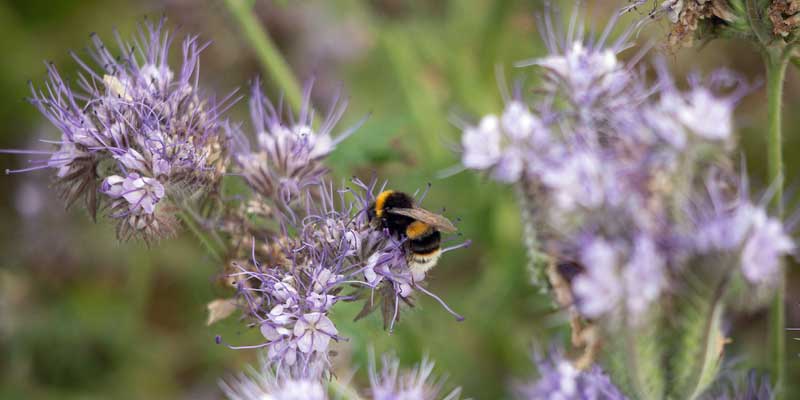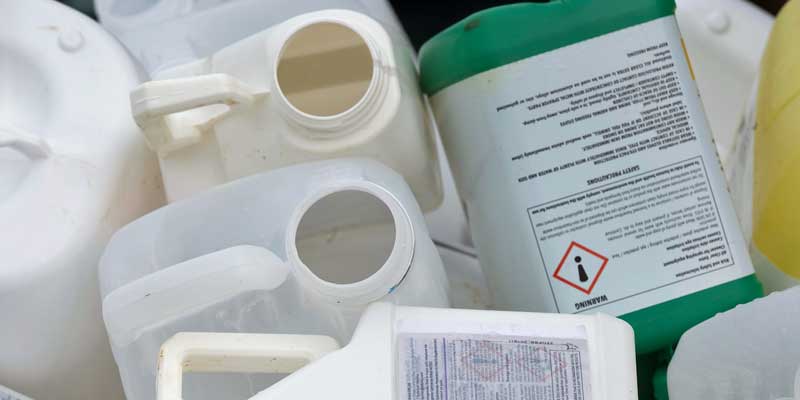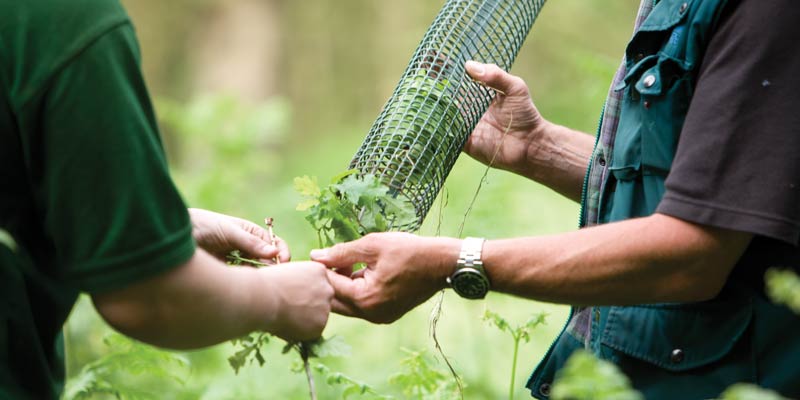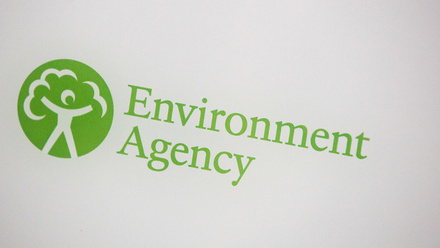UK "largely off track" on Environmental Improvement Plan targets, OEP finds
The UK is "largely off track to meet its stated ambitions, statutory targets and other commitments" on environmental improvement according to a new report by the public body set up to scrutinise actions taken by the Government and public authorities.
To mark the first anniversary of the Government's Environment Improvement Plan, the Office of Environmental Protection (OEP) has released a progress report in which it states that just 10% of the Plan's objectives are currently on track to be met.
Published on 18 January, the report judged four of the 40 targets assessed to be "on track", while a further 11 were "partially on track" and 10 deemed "largely off track". A lack of evidence meant that an additional 15 could not be assessed.
It concludes that the Government needs to rapidly speed and scale up the delivery of policies and the resources to implement them.
Read the full report on the OEP website.
Findings in focus
Water quality

With a target to improve at least 75% of England's water to be close to its natural state as soon as practicable, combined with a Water Framework Directive Regulation requirement to have 77% of waterways achieving "good ecological status" or "good ecological potential" by 2027, only 16% met these criteria with little progress being made.
River Basin Management Plans are not seen as achievable due to the lack of certainty around whether they can be delivered both from a financial investment and legal framework perspective.
Monitoring was another area to come under scrutiny with a six-year gap between the last comprehensive set of data in 2019 and the planned 2025 update.
These areas need to be addressed with action rather than words, a sentiment echoed by the Rivers Trust.
Air quality

Despite being on track to meet its interim Environment Act air quality targets, the Government is not on track for four out of five of the 2030 UK emission reduction commitments.
Ammonia is of particular concern with little or no change to emissions with the agricultural industry being the main contributor and an upward trend from the industry over the last decade.
Ammonia from the spreading of anaerobic digestate as a fertiliser also comes under scrutiny due to the increase in emissions from this.
Despite a well-defined statutory framework in England to support action on emissions, the report says the Government needs to ensure that the National Air Pollution Control Programme (NAPCP) is not weakened.
Nature

The delivery of the targets for nature, including Sites of Special Scientific Interest (SSSIs) is dependent on the delivery of nature-friendly farming policies, implementation of green finance and revising the UK Marine Strategy.
Waste

With no clear medium to long-term policies for achieving the waste targets set in the Environment Act, the OEP recommends that the Government should refresh the Resources and Waste Strategy to ensure a delivery plan beyond 2024 on how it will meet its targets.
Summary

Strikingly, the overarching recommendations from the OEP follow the same lines as last year's report on the Government's legally binding environmental targets:
- implement the Environmental Improvement Plan 2023 effectively
- develop and implement clear and effective governance
- develop and implement delivery plans
- set and vigorously pursue clear and achievable interim targets
- develop and implement an effective monitoring, evaluation and learning framework
The Department for Environment, Food and Rural Affairs (Defra) will review the findings and respond. On the basis that Defra has only very recently responded to the OEP's 2023 report, this isn't expected any time soon.




